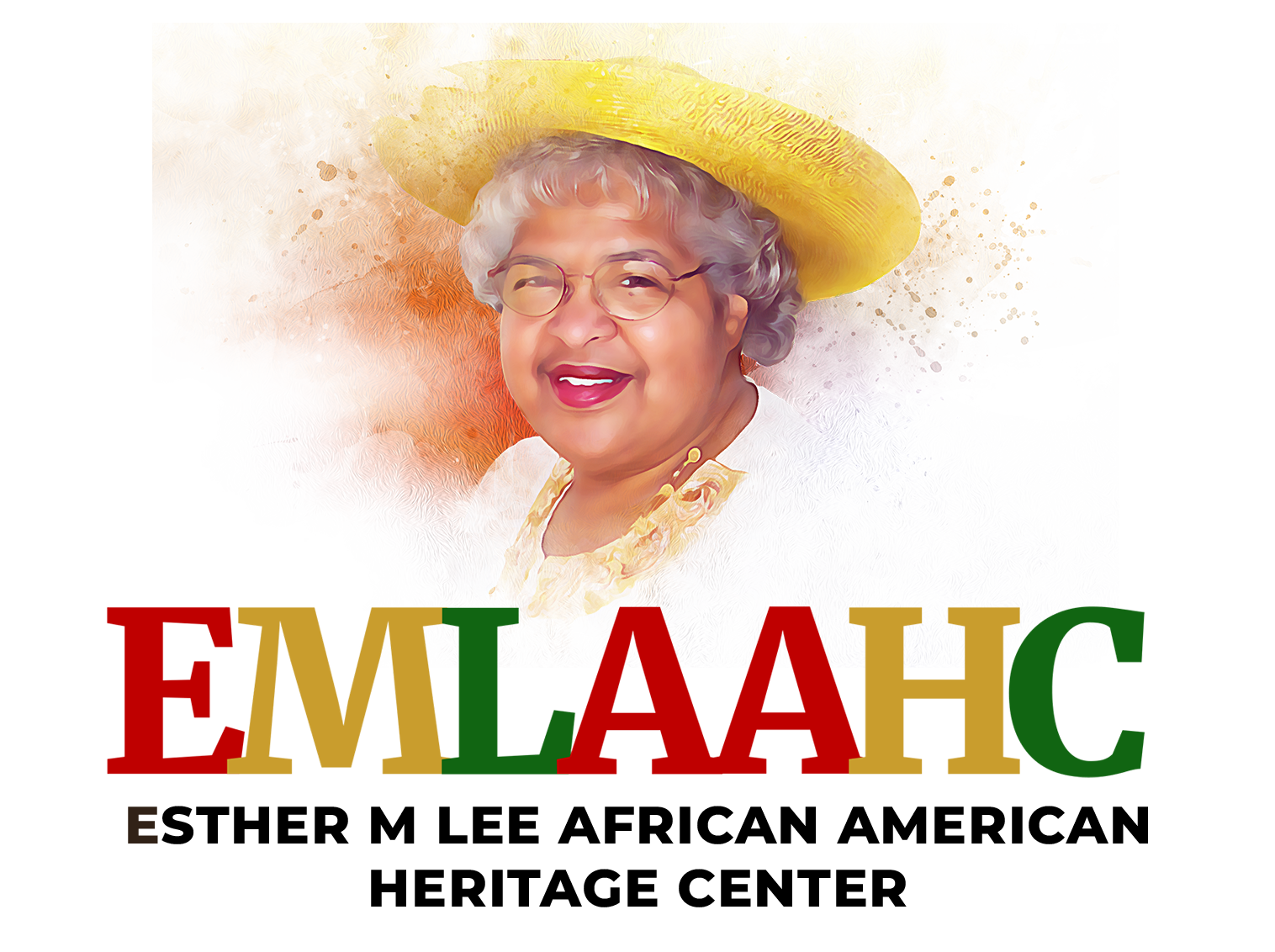
Shown: Richard Calloway of Easton holds the photo of his father William Marshall Calloway.
(Photo Credit: Ed Koskey Jr, Morning Call)
William Calloway
Since many people would be hanging around on Brodhead Ave., William Calloway, Richard’s father, decided to open a pool hall giving people something to do. William Calloway was originally from Milton, Northumberland County, was encouraged to come to Bethlehem after learning of the success of his sister-in-law Grace Emory Scott who owned a restaurant at 318 Brodhead Ave. Another family member, Sam Sweeney, owned a barbershop.
William Calloway left his job as riveter at the Milton Car Foundry to work at Bethlehem Steel. With no intentions of staying in Bethlehem, he worked there just long enough to save money to buy his own business. He chose 115 E. 3rd Street since the building had a pool table on the first floor and rooms on the second and third floors to rent out. William had only a fourth grade education but taught himself how to handle accounts and business.
Brodhead Avenue in Bethlehem, PA
A smile comes to Richard Calloway’s face as he remembers Brodhead Ave., in Bethlehem and his father William’s pool hall and rooming house. The pool hall served as a gathering place for African Americans during the early part of the century, and it was one of the several businesses that provided services.
Segregation existed in Bethlehem. There were various restaurants, stores, and hotels that would not serve African Americans. Segregation was subtle, but it was there, as noted by community activist Esther Lee. Conditions weren’t open all the time and people clearly knew where they could and could not go, Lee adds.
African American workers coming to Bethlehem Steel, pullman porters, red caps, and cooks, all who worked for the Lehigh Valley Railroad needed a place to stay while in Bethlehem. This attributed to housing springing up on Brodhead Ave. and along E. 3rd Street and providing readily available places to stay when people got off the trains.
The Pool Hall
Richard Calloway who often opened up the pool hall and recollects how it was quite the experience due to all the different kinds of people coming and going… like hustlers who would act like they couldn’t shoot pool, run up the stakes and then take your money. Others would try to give fatherly advice, but they were all characters. The business eventually moved to Brodhead Ave. which was better since it was a short walk from the train station. Esther Lee recollects that area being a “beehive of activity” with everyone coming and going daily. Going to Brodhead Ave. was like going to a social every day.
(excerpted from 1995 Morning Call article by Donald Blount)

